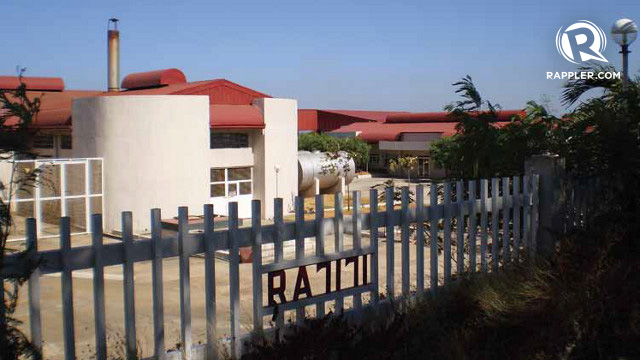SUMMARY
This is AI generated summarization, which may have errors. For context, always refer to the full article.

MANILA, Philippines – Italian firm NS International Incorporated (NSI) is investing P 1.1 Billion ($25 million) to build in a new tomato paste production facility in Batangas and another P40 million ($892,000) to upgrade its existing Ilocos Sur Tomato Paste Plant (ISTPP) in Santa, Ilocos Sur.
The project in Batangas, which would cover some 1,000 hectares of farmland and provide jobs to 7,000 farmers, will be led by NSI in partnership with other European investors, said Nuccio Saverio, president and CEO of NSI, on the sidelines of a forum of the Italian Delegation on Agricultural Technology and Machinery.
Saverio declined to identify the area where the facility would be located but said he hopes to start production by 2016.
The upgrade to the firm’s existing ISTPP comes as NSI is in negotiations to buy out the government of Ilocos Sur’s 55% stake in the venture and completely take over the facility, he added.
ISTPP was established in 1998, built by NSI for the provincial government of Ilocos Sur through funds from the Tobacco Excise Tax law.
NSI turned the facility over to the Ilocos Sur government, which became its sole operator, in 2001. Due to mismanagement, the plant was eventually closed for failing to produce any processed tomato. (read: P1 billion in Tabacco funds misused) NSI resumed management of the plant in 2010 and restarted it a year after.
Saverio said the Batangas facility would produce 7,000 to 8,000 metric tons (MT) of tomato paste per year which would augment the production of ISTPP that is expected to hit 5,000 MT this year from the its previous capacity of 4,000 MT.
Huge demand
Despite NSI’s increased production, Saverio said production would not be nearly enough to satisfy the market for tomato paste which is pegged at 60,000 to 70,000 MT per year, driven in part by Del Monte Corporation, NSI’s main customer.
Saverio said that the still Philippines still needs to imports 40,000 of paste from China every year.
NSI engages farmers in contract growing at its ISTPP. The firm provides the seeds, fertilizers, implements and soft loans to bankroll the planting of tomatoes, he said.
Based on NSI’s experience, planting season starts in October and it takes about 110 days before the tomatoes can be harvested. Harvest season lasts 7 weeks and production of the paste is done simultaneously.
The plant requires 300,000 tomatoes daily for production which lasts for 75 to 80 days.
In between, farmers would plant other crops like corn or rice, Saverio said. – Rappler.com
US$1 = P 44.75
Add a comment
How does this make you feel?
There are no comments yet. Add your comment to start the conversation.